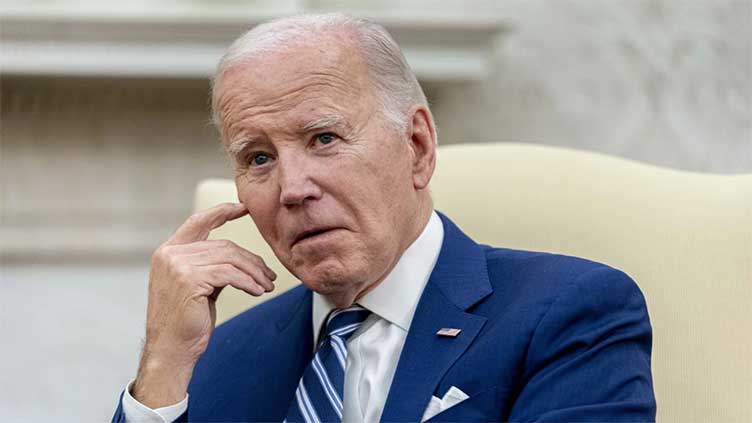US and South Korea fly warplanes in interception drills after North Korea's missile tests

World
US and South Korea fly warplanes in interception drills after North Korea’s missile tests
SEOUL, South Korea (AP) — South Korea and the United States flew advanced stealth fighters in a joint missile-interception drill Friday over the Korean Peninsula, South Korea’s air force said, an apparent response to a spate of weapons tests this year by rival North Korea.
North Korea has conducted six rounds of missile tests so far this year, most of them reportedly involving cruise missiles that typically fly at a low altitude to overcome opponents’ missile defenses. Analysts say that in the event of a conflict, North Korea aims to use cruise missiles to strike U.S. aircraft carriers as well as U.S. military bases in Japan.
South Korea’s air force said in a statement the drill on Friday involved fifth-generation stealth F-35A fighter jets from both countries and other fighter jets from South Korea. It said the U.S. F-35As were deployed in South Korea on Wednesday from Kadena Air Base in Okinawa, Japan.
Advertisement
North Korea has ramped up its weapons tests since 2022 in what experts call an attempt to increase its leverage in future diplomacy. South Korea and the U.S. have responded by expanding their military exercises and a trilateral training involving Japan.
On the sidelines of a G20 meeting in Rio De Janeiro on Thursday, the top diplomats from South Korea, the U.S. and Japan agreed to strengthen their joint response capability against North Korea’s evolving nuclear threats and coordinate to block the North’s financing of its nuclear program, according to South Korea’s Foreign Ministry.
This year, North Korea is expected to step up its testing activities and belligerent rhetoric as both the U.S and South Korea head into elections. North Korea is likely seeking international recognition as a nuclear state, a status that experts say the North thinks would help it receive relief from U.S.-led economic sanctions.
North Korea’s advancing nuclear arsenal has likely emboldened its stance, and there are concerns that the North may launch a limited military provocation against the South. Observers say a full-scale attack is unlikely as the North is outgunned by more superior U.S. and South Korean forces.
U.S. and South Korean officials have repeatedly warned that any nuclear attack by North Korea against them would spell the end of the North’s government led by Kim Jong Un.


